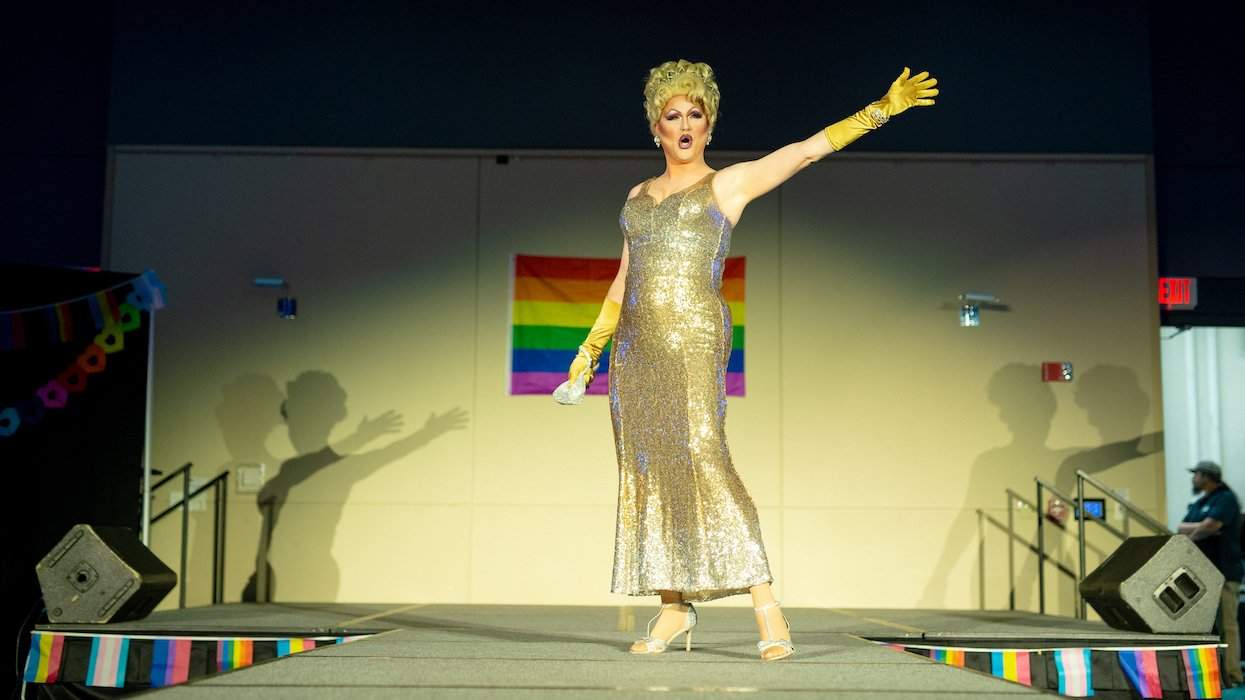A Tennessee judge has ruled that a law in Tennessee restricting drag shows in the form of restricting “adult entertainment” is unconstitutional after a two-day trial.
The anti-drag legislation — the Adult Entertainment Act (AEA) — was signed into law in March by Republican Gov. Bill Lee. It passed along with a bill banning gender-affirming care for youth.
U.S. District Court Judge Thomas L. Parker, an appointee of former President Donald Trump, wrote, “The Tennessee General Assembly can certainly use its mandate to pass laws that their communities demand.”
He added, “But that mandate as to speech is limited by the First Amendment to the United States Constitution, which commands that laws infringing on the Freedom of Speech must be narrow and well-defined. The AEA is neither.”
The drag-centric, Memphis-based theater group Friends of George’s brought the suit in late March.
The group celebrated on social media, writing on Instagram, “WE WON! Judge Parker has declared Tennessee's anti-drag law unconstitutional!”
In a statement, Friends of George's hailed the judge's decision.
“This win represents a triumph over hate. Our first amendment rights were affirmed today as drag artists and makers of theatre. Similar to the countless battles the LGBTQ+ community has faced over the last several decades, our collective success relies upon everyone speaking out and taking a stand against bigotry,” the group said.
In their suit, Friends of George’s said the law "explicitly [restricts or chills] speech and expression protected by the First Amendment based on its content, its message, and its messenger.”
Parker agreed. He also agreed with the group’s concerns that the law could be selectively enforced.
“The chance that an officer could abuse that wide discretion is troubling given an art form like drag that some would say purposefully challenges the limits of society’s accepted norms,” he wrote. “The Court emphasizes that the fear of prosecution from law enforcement officers is not merely speculative but certainly impending.”
He also wrote that even though “drag” is not written in the law, “the Court cannot escape that ‘drag’ was the one common thread in all three specific examples of conduct that was considered ‘harmful to minors,’ in the legislative transcript.”
Parker went on to cite the three examples which all focus on either Pride events or drag shows.
He’d previously issued a temporary injunction against the law from going into effect and then extended it.
In that order, Parker explained that the state hadn’t provided “a clear answer to the Statute's purpose considering current state obscenity laws, along with the Parties' present filings on the Statute's legislative history, the Court finds that Plaintiff has made a likely case for subjecting the Statute to strict scrutiny here."
He noted that the restrictions placed on the theater were not “trifling issues for a theater company — certainly not in the free, civil society we hold our country to be.”
Melissa Stewart, one of the lawyers representing the theater group wrote on Twitter Friday night, “And just like that, drag remains legal in Tennessee.”
This is a developing story...





































































Charlie Kirk DID say stoning gay people was the 'perfect law' — and these other heinous quotes